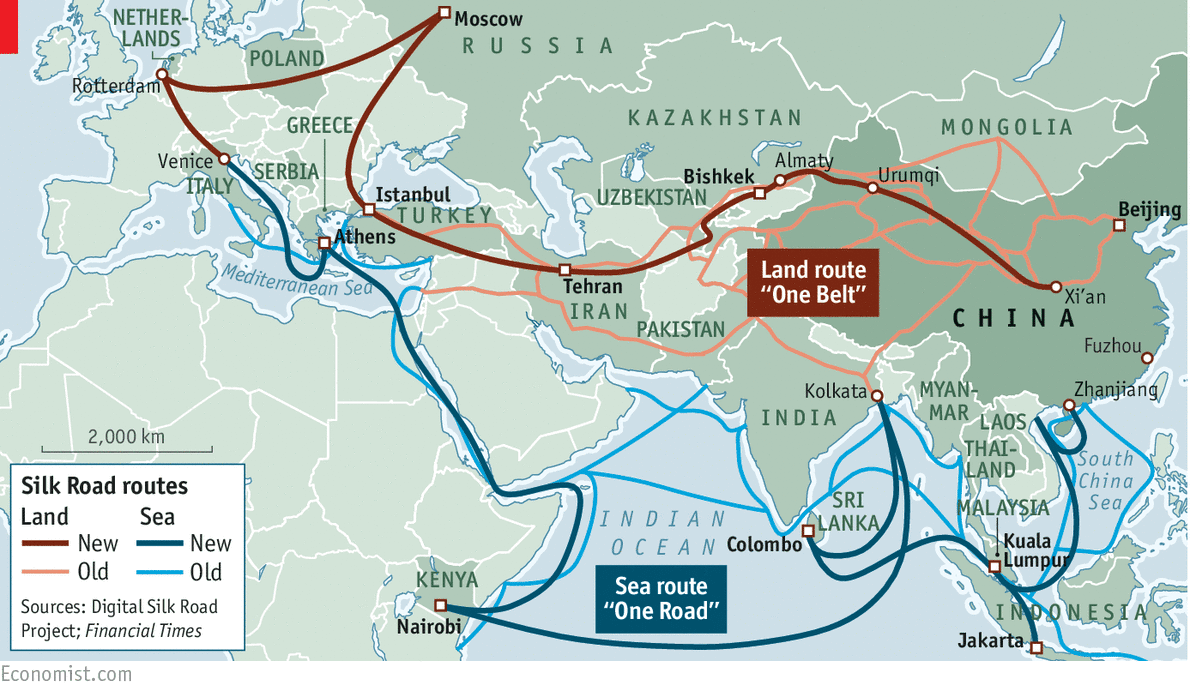Skype's Legacy: Why Its Predictions Mattered

Table of Contents
Skype's Early Success: Pioneering Voice over IP (VoIP)
Technological Innovation and Market Disruption
Skype revolutionized communication by pioneering Voice over IP (VoIP) technology. It disrupted the traditional telecommunications industry by offering affordable international calls, significantly reducing the cost of connecting with people across geographical boundaries. This was a game-changer for both individuals and businesses.
- Affordable international calls: Skype offered significantly lower rates compared to traditional phone services, making international communication accessible to a broader audience.
- User-friendly interface: Its intuitive design made the platform easy to use, even for those unfamiliar with VoIP technology. This accessibility was crucial to its widespread adoption.
- Early adoption of video calling: Skype integrated video calling early on, providing a more personal and engaging communication experience than traditional voice calls.
The impact was substantial. Businesses saved significant costs on international communication, and individuals could connect with loved ones abroad more frequently and affordably. Studies at the time showed a dramatic increase in international calls following Skype's launch, effectively demonstrating the market disruption it caused.
The Rise of Social Features
Beyond its core VoIP functionality, Skype incorporated social features that enhanced user experience and boosted its popularity. These features transformed it from a simple communication tool into a platform for social interaction.
- File sharing: Users could easily share files, photos, and documents, simplifying collaboration and information exchange.
- Group chats: The ability to create group chats facilitated communication among multiple individuals, enhancing teamwork and social interaction.
- Presence indicators: Users could see when their contacts were online, fostering a sense of real-time connection and spontaneous communication.
These social features fostered a sense of community among Skype users, solidifying its position as a central hub for online communication and contributing significantly to its growth and sustained popularity during its peak.
Missed Opportunities and Strategic Errors: Where Skype Faltered
Despite its early success, Skype made several strategic errors that ultimately contributed to its decline in relative market dominance. Analyzing these mistakes offers valuable insights into the challenges of maintaining competitiveness in the rapidly evolving tech landscape.
Failure to Adapt to Mobile
Skype's slow adaptation to mobile devices proved to be a critical mistake. The rise of smartphones fundamentally shifted communication habits, and Skype's initial failure to capitalize on this transition cost it dearly.
- Late entry into the mobile app market: Compared to competitors, Skype's mobile app launch was delayed, allowing rivals to establish a strong foothold in the mobile communication market.
- Inferior mobile experience compared to competitors: Even after launching its mobile app, Skype's mobile experience often lagged behind competitors in terms of functionality, usability, and performance.
The consequences were significant. Skype lost market share to competitors who embraced the mobile-first approach and offered superior user experiences on smartphones and tablets. User engagement suffered as users migrated to more mobile-friendly alternatives.
Lack of Integration and Openness
Skype's limitations in terms of integration with other services and platforms also hindered its growth. Its relatively closed ecosystem prevented seamless interaction with other popular messaging apps and services.
- Limited interoperability with other messaging apps: Users couldn't easily communicate with contacts using different platforms, creating fragmentation and inconvenience.
- Closed ecosystem: Skype's limited integration with other services hampered its ability to become a central hub within a broader digital ecosystem.
This lack of openness and integration significantly impacted user convenience and ultimately contributed to a decline in user adoption and market share as users sought platforms that offered greater interoperability and seamless integration with their other online services.
Lessons Learned: What Skype's Legacy Teaches Us About the Future of Communication
Skype's journey offers invaluable lessons for future communication platforms. Its legacy underscores the importance of adaptability, a user-centric approach, and strategic foresight in a rapidly changing technological landscape.
The Importance of Adaptability
The success of any communication platform hinges on its ability to adapt to evolving technologies and user needs. Skype's failure to prioritize mobile demonstrates the criticality of anticipating technological shifts and proactively adapting strategies.
- Mobile-first strategy: Modern communication platforms must prioritize mobile experiences, ensuring seamless functionality and user-friendly interfaces across all devices.
- Seamless integration: Interoperability with other services and platforms is crucial for enhancing user convenience and fostering wider adoption.
- Cross-platform compatibility: Consistency across platforms is key to providing a unified and cohesive user experience.
Successful communication platforms like WhatsApp and Telegram have learned from Skype's mistakes, emphasizing mobile-first design, seamless integration, and cross-platform compatibility.
The Value of a User-Centric Approach
Prioritizing user experience and feedback is paramount for building a successful communication platform. Skype's shortcomings in this area highlight the importance of designing intuitive interfaces, providing reliable performance, and ensuring robust security features.
- Intuitive interface: Simplicity and ease of use are crucial for attracting and retaining users.
- Reliable performance: Consistent and reliable functionality is essential for maintaining user satisfaction.
- Robust security features: Strong security measures are critical for building trust and protecting user data.
By focusing on these user-centric aspects, companies can foster positive user experiences, build strong brand loyalty, and secure sustained success in the competitive communication landscape.
Conclusion
Understanding Skype's legacy, and its predictions about the future of communication, is crucial for navigating the ever-evolving tech landscape. Skype's rise and relative decline highlight the importance of adaptability, a user-centric approach, and strategic foresight. Its successes and failures offer invaluable lessons for developers and businesses aiming to create successful communication platforms. Learn from its successes and failures to build better communication solutions today. Analyze Skype's predictions, and build a better future for communication.

Featured Posts
-
 The Lakers Struggle With Randle How The Timberwolves Benefit
May 07, 2025
The Lakers Struggle With Randle How The Timberwolves Benefit
May 07, 2025 -
 The Conclave A Step By Step Guide To Choosing The Next Pope
May 07, 2025
The Conclave A Step By Step Guide To Choosing The Next Pope
May 07, 2025 -
 Nba Slaps Anthony Edwards With 50 000 Fine For Vulgar Language
May 07, 2025
Nba Slaps Anthony Edwards With 50 000 Fine For Vulgar Language
May 07, 2025 -
 The Fallout From Anthony Edwards Baby Mama Drama
May 07, 2025
The Fallout From Anthony Edwards Baby Mama Drama
May 07, 2025 -
 Cherry Red Heels And A Giant Ring Rihannas Latest Look
May 07, 2025
Cherry Red Heels And A Giant Ring Rihannas Latest Look
May 07, 2025
Latest Posts
-
 Us China Rivalry Greenland As A Strategic Flashpoint
May 08, 2025
Us China Rivalry Greenland As A Strategic Flashpoint
May 08, 2025 -
 The Greenland Question Are Trumps Worries Justified
May 08, 2025
The Greenland Question Are Trumps Worries Justified
May 08, 2025 -
 Greenlands Geopolitical Importance A Look At Us China Tensions
May 08, 2025
Greenlands Geopolitical Importance A Look At Us China Tensions
May 08, 2025 -
 Trump Vs China The Fight For Greenlands Future
May 08, 2025
Trump Vs China The Fight For Greenlands Future
May 08, 2025 -
 Cybercriminal Accused Of Millions In Office365 Executive Account Hacks
May 08, 2025
Cybercriminal Accused Of Millions In Office365 Executive Account Hacks
May 08, 2025
